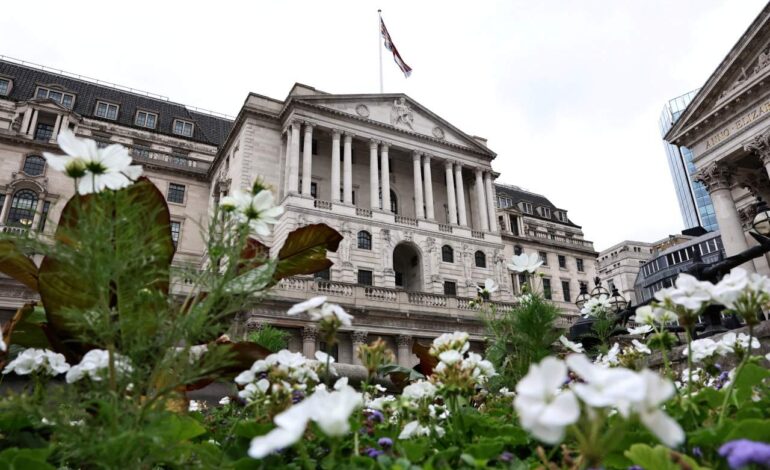British Labour Faces Economic Challenge with Tax Hikes

The British Labour Party is confronting significant economic challenges as plans for tax increases emerge without accompanying spending cuts. This shift has raised concerns among financial markets, particularly among bond vigilantes who are closely monitoring the implications for the UK’s fiscal health.
Tax Increases Spark Concerns
The Labour government’s proposal, which includes raising taxes by an estimated £50 billion, has sparked intense debate among economists and political analysts. Critics argue that increasing taxes without reducing public spending could lead to a deterioration of investor confidence. The Chancellor of the Exchequer, who has yet to clarify the government’s strategy, faces mounting pressure to provide a comprehensive economic plan that addresses both revenue generation and fiscal responsibility.
Financial experts emphasize that bond vigilantes, investors who sell bonds when they anticipate fiscal mismanagement, are particularly sensitive to signs of unsustainable government spending. As of March 2024, reports indicate that government bond yields have begun to rise, reflecting a growing unease in the market regarding the UK’s debt trajectory.
The Broader Economic Impact
The implications of these tax increases extend beyond investor sentiment; they may also affect everyday citizens. Higher taxes could lead to reduced disposable income for families and businesses, potentially stifling economic growth. Many analysts warn that the government must balance its fiscal strategy to avoid exacerbating an already fragile economic situation.
The Labour Party’s approach is seen as a critical test of its economic policy framework, which has historically emphasized social investment and welfare expansion. However, without a clear strategy to manage public finances, the party risks alienating both its supporters and potential investors.
In light of these developments, the government’s ability to navigate the complex landscape of public finance will be crucial. As the country approaches key economic milestones, the Labour Party must present a cohesive plan that reassures both the markets and the electorate. The outcome of this economic reckoning could have lasting effects on the UK’s financial stability and the Labour Party’s future.






